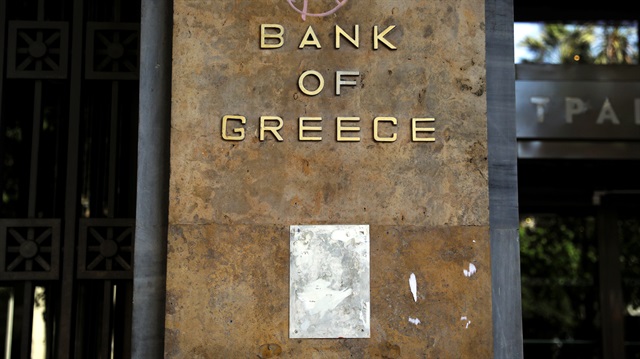
DRINK TO THAT
Prime Minister Alexis Tsipras is expected to address the nation on Tuesday to mark Greece regaining fiscal sovereignty and the ability set its own economic policies.
Greek media reported he would symbolically make the speech on Ithaca, the island where Odysseus returned home from the Trojan war after a 10-year voyage recounted by Greek classical poet Homer.
"We are entering a new era for the Greek economy and Greece," government spokesman Dimitris Tzanakopoulos told Real FM, a radio station.
"The Greek people should celebrate," ESM's head Klaus Regling told Sunday's Ethnos newspaper. "Tomorrow, I will celebrate it with a good glass of ouzo."
But with unemployment just under 20 percent, the mood on the streets of Athens was far from festive.
"I made much more money in my thirties than now," said waiter Costas Papaconstantinou, 54, at a cafe in the city centre. "Were it not for tourism, we would be finished."
"There is no bailout exit, we will be under a bailout until 2060, until we pay off these loans," he said.
Shut out of bond markets after a fiscal crisis, Greece officially asked for a bailout in April 2010 from the IMF and its euro zone partners. They granted 110 billion euros in loans to avert a financial meltdown. Two more aid packages followed.
Post–bailout, Greece has committed to demanding primary budget surpluses - excluding debt servicing outlays - of 3.5 percent of the country's annual economic output until 2022, and 2.2 percent until 2060. The wounds of the debt crisis are still healing.
"Greece is finally exiting, albeit formally, a long bailout period that left behind 924,000 jobless, shut down 250,000 businesses and left most Greeks owing an internal debt of 227 billion euros to the taxman, pension funds and to banks," said Vassilis Korkidis, head of the Piraeus Chamber of Commerce.
He said it was more a day of reckoning and not of celebrating as the bailouts may be over but austerity measures and taxes continue to squeeze Greeks. ($1 = 0.8744 euros)
Hello, the comments you share on our site are a valuable resource for other users. Please respect other users and different opinions. Do not use rude, offensive, derogatory, or discriminatory language.
The floor is all yours.








